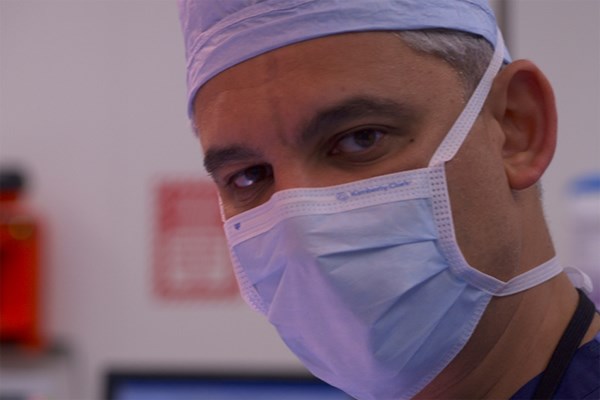New York, NY, July 12, 2013 (GLOBE NEWSWIRE) -- Once heralded for its heart-healthy benefits, fish oil is under new scrutiny. Compounding research suggests that consuming large amounts of omega-3 fatty acids, like those found in fish oil supplements and in fresh tuna, salmon, and trout, may not be right for everyone. Swimming to the surface of the fish oil findings, is a link between omega-3 intake and an increased risk of prostate cancer.
http://www.globenewswire.com/newsroom/prs/?pkgid=17463
In a study published in the Journal of the National Cancer Institute (JNCI), http://jnci.oxfordjournals.org/content/early/2013/07/09/jnci.djt174.abstract, researchers found a strong association between high consumption of omega-3 fatty acids and a 43 percent increased risk of prostate cancer. Perhaps more concerning, is the 71 percent increased risk of aggressive prostate cancer also linked to omega-3 fatty acids.
"This isn't a definitive warning for men to steer clear of fish oil, but the findings are significant enough to warrant discussion," says Dr. David Samadi, leading robotic prostate surgeon and Chairman of Urology, Chief of Robotic Surgery at Lenox Hill Hospital and Professor of Urology at Hofstra North Shore-LIJ School of Medicine.
The anti-inflammatory properties of fish oil and omega-3s were long believed to aid in everything from depression to asthma to autoimmune diseases. Even the American Heart Association recommends fish oil or fatty fish as often as twice per week, based on evidence that it decreases triglyceride levels and the risk of abnormal heartbeats.
The new JNCI study supports findings from earlier studies linking prostate cancer risk and omega-3s, but experts agree more research is needed to uncover exactly why the two are connected. It's possible that higher levels of omega-3s can actually damage a man's DNA in a way that encourages prostate cancer tumor growth.
Dietary supplements seem to come in and out of favor with the latest research, magazine articles, and healthcare trends, making it difficult to decipher what helps and what hurts. For many, a balanced diet may be the best course of action.
"Start by talking with your doctor," encourages Dr. Samadi. "They have the global perspective of the latest research, your individual health, and your risk levels related to various diseases. If you're at risk for heart disease, maybe fish oil can help. If you have a family history of prostate cancer, perhaps you should avoid it. For most, a balanced diet provides what the body needs and supplements may be unnecessary."
Dr. Samadi specializes in robotic prostate surgery and prostate cancer research at The Prostate Cancer Center at Lenox Hill Hospital in Manhattan at 485 Madison Avenue, between 51st-52nd Streets. He can be reached at 212-365-5000 and online at www.roboticoncology.com.
Related websites:
www.roboticoncology.com
http://www.smart-surgery.com
A photo accompanying this release is available at:
http://www.globenewswire.com/newsroom/prs/?pkgid=19851
